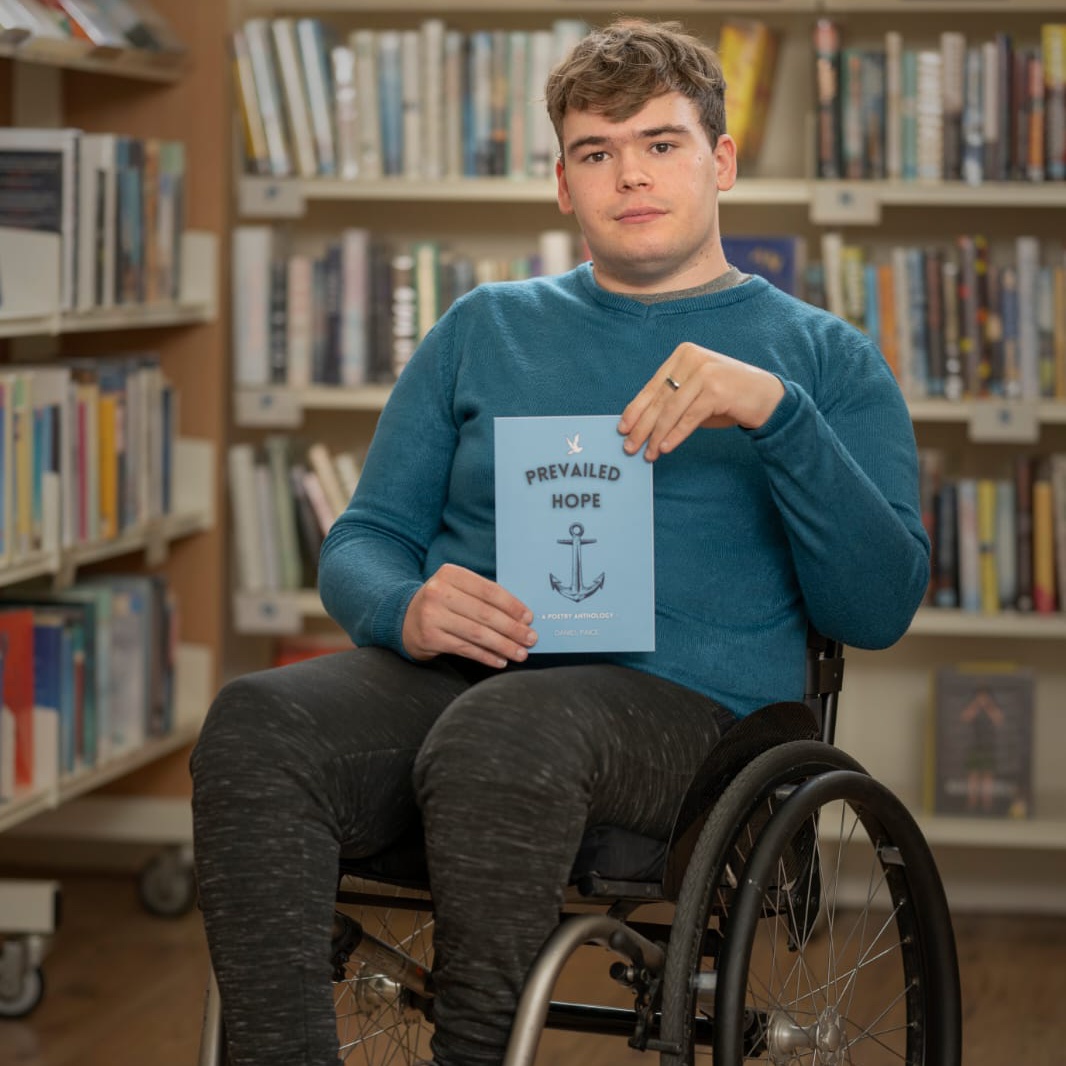Dictation is Your Best Friend!
- Daniel Paice

- Dec 2, 2022
- 4 min read
Updated: Jun 24, 2023
Why do I say this?

It has been an absolute life-changer. It has completely revolutionised the way I write, as well as my passion for writing.
Just a few weeks ago, I was getting quite depressed about the fact that I wanted to write — but didn't have the energy after my 'life responsibilities' (namely the day job). It was getting to the point where, at the end of the day, I knew I had time to work on my various projects that were yearning for my attention, but I would be too physically and mentally drained to continue writing. A day would go by. Then another. And then another.
It was tedious; I was so frustrated with myself.
Now, a day's rest — even a month's rest — is okay with me, as long as I know it's temporary (as was the few days rest, originally). However, at the time, I was getting used to a new job, which naturally means I'm going to be more tired than usual but I was still getting frustrated that I was constantly tired. And, if I'm honest, I couldn't see the end of that tiredness; struggling to keep my head above water. The thought that I may not be able to write in the same way again began to consume my mind. It was like a low throb of heartache. It might sound a bit dramatic, but for good reason. I was desperate. Writing is very important to me. It helps me keep me sane (just about), and it helps me articulate my thoughts and regulate my emotions. Starting a blog originally, a few years ago, and publishing books, has transformed my life already. Writing has become a massive part of my life.
Part of getting used to the job is finding new ways to organise myself, according to the changes in workload and expectation. Most notably, this included creating spreadsheets, so I could keep up with who is doing what, and when. This was done all in an effort to streamline my time at work, and minimise unnecessary expense of my energy. From this, and various discussions, came the idea of dictating reminders into my phone (particularly the little things that seem to to sink to the back of my mind, such as printing or sending emails; it's all part of the process, but not the predominant aspect of the job). After just a few minutes of doing this, I realised how much mental space is freed up.
So, naturally, my brain jumped to writing — and how I could utilise this technique to help me.
And so, the research began.
As well as being interested in the writing aspect of writing (obviously), I'm also interested in other people's writing processes, other people's routines, other people's perspectives so I began researching if any other writers or well-known authors use dictation to help them write — turns out they do! Big names include Dan Brown and Agatha Christie…and myself, obviously.
When I mention dictation, you may think of a political dictator, or someone who transcribes as you talk; perhaps a Dictaphone. The type of dictation I am talking about — the one that I use — is called voice-to-text dictation. This is where I am speaking into the microphone of my phone, and the phone is typing what I am saying onto the screen for me. All you need is a microphone and a word processor that allows you to connect the two — then you just get talking!
Going back to the Dictaphone, another way you could do this is by talking into the Dictaphone as it records your speech. And then upload the audio recording to a software that transcribes for you.
Reading about this, and seeing it in writing, you might think this is a time-consuming and fiddly process. I'm not denying these techniques take time to practice and get used to, but it is definitely not fiddly. On average, we speak about 150 words per minute, and the best ‘typers’ can type 120 words per minute. Just by these numbers, you can see the increase that dictation has on word count.
To put it plainly, I have written 7000 words in my main WIP (Work In Progress), in the last week. Typing, I would struggle to write 500 words a day — and that's even on my best days, when I'm not tired, and I haven't got anything else to be doing. Using dictation, I can do in 20-minutes what I would accomplish in an hour and a half by typing. In fact, I'll let you into a bit of a secret, I am dictating this as I'm watching TV; minimal physical effort allowing me on my creativity and cognitive processes.
See what I mean?
I am a writer who works in pockets of time — five minutes here, 5 minutes there — so to see these coming together in terms of my word count increasing, and my energy usage decreasing, is really satisfying. I also really like the editing stage of the writing process, so having words to work with (no matter how messy), is extremely satisfying. I know that whenever I come back to a project I won't forget where I left off, and I will have an idea of where I'm going next. In streamlining my work processes, I have also started streamlining my writing processes. I can tell you that everyone would benefit from using voice-to-text dictation in their lives to some degree.








Comments